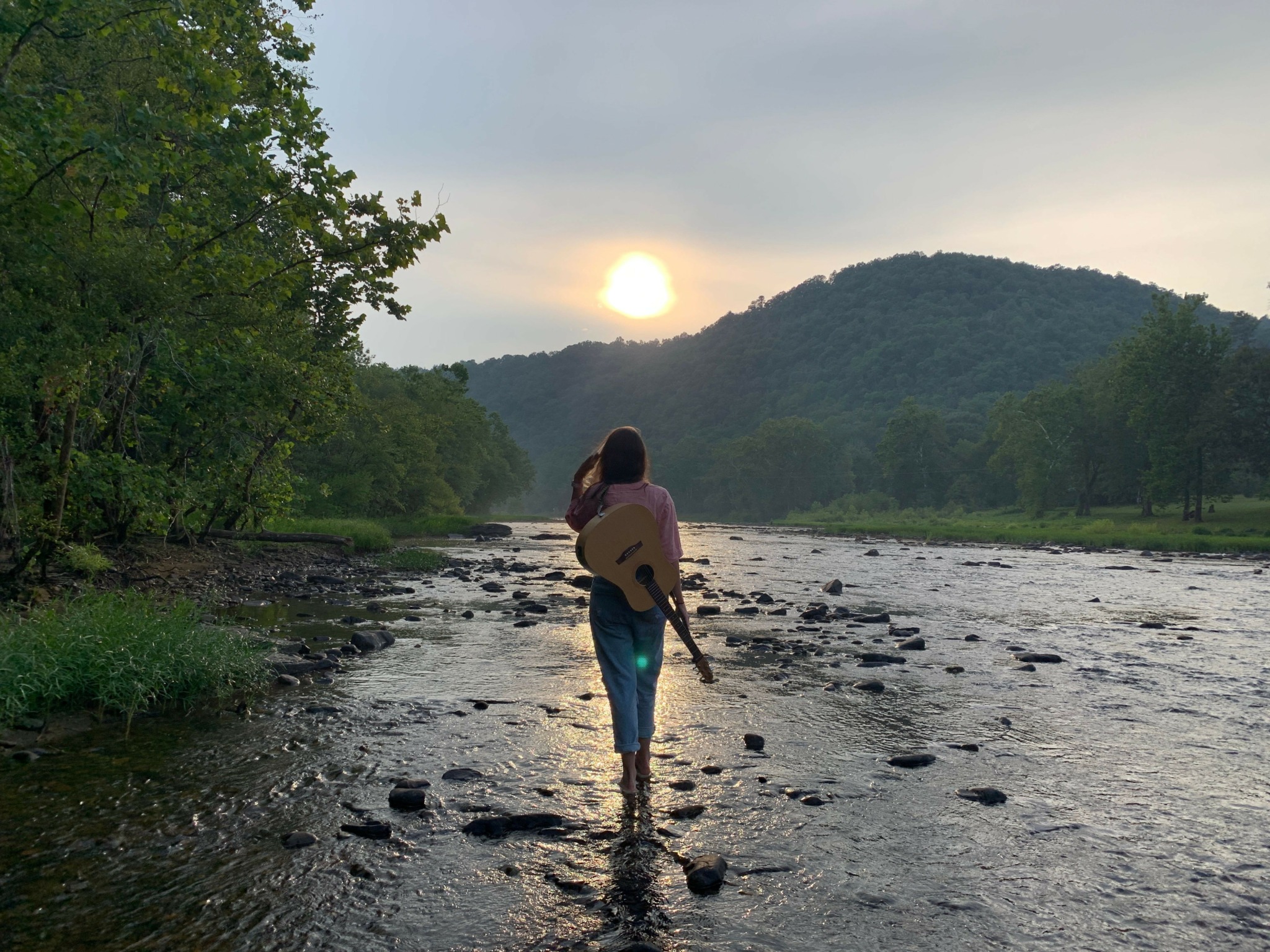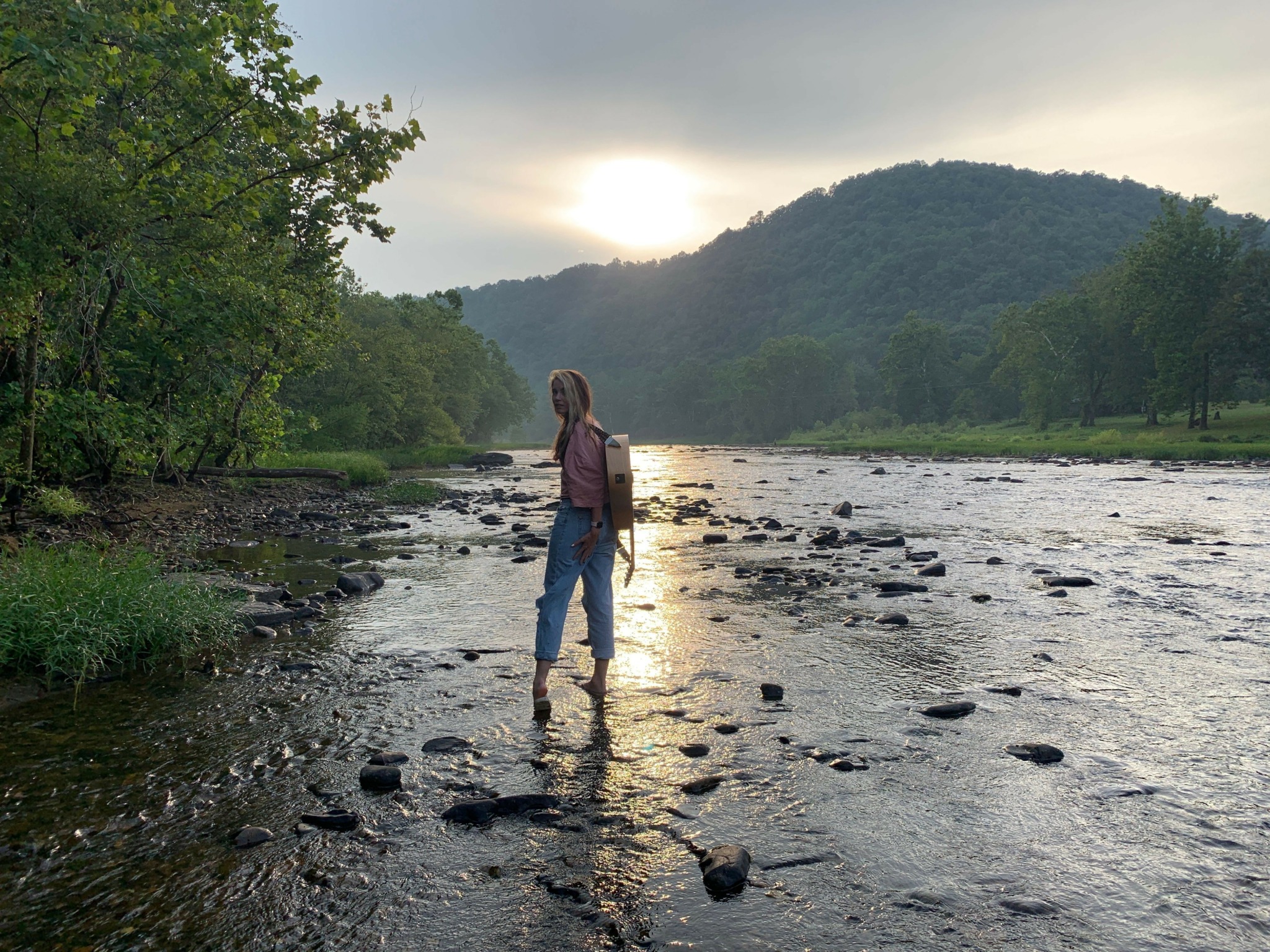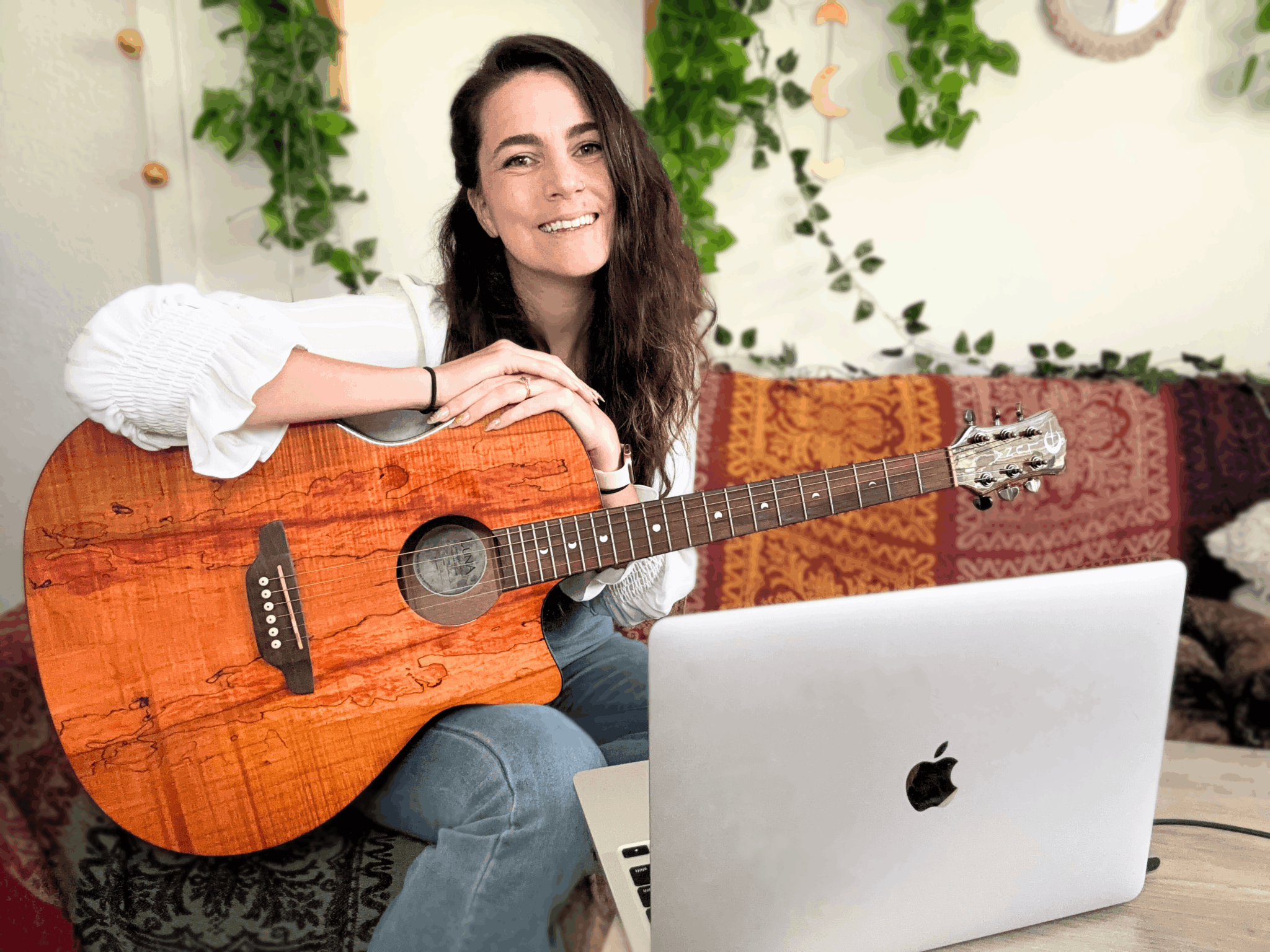We’re excited to introduce you to the always interesting and insightful Lela Geist. We hope you’ll enjoy our conversation with Lela below.
Lela, appreciate you joining us today. Looking back at internships and apprenticeships can be interesting, because there is so much variety in people’s experiences – and often those experiences inform our own leadership style. Do you have an interesting story from that stage of your career that you can share with us?
I often think back to my time as a music therapy intern at a behavioral health hospital. I learned so much during that experience. Not just about the field of music therapy, but about connecting with people, about life, and about myself. Two moments from that time stand out to me, and I find myself returning to them often because they’re such clear examples of how powerful music can be in this setting.
In one adult group I was leading, there was a woman who, according to the social workers, never spoke or participated in any groups. But in mine, she wrote a full poem, shared openly, and engaged with the musical prompts more than anyone else. It was as if the creative element allowed her defenses to drop, and she could finally express herself.
Another moment that stuck with me was during a different adult group. There was a man in the room who looked completely closed off. He was intimidating, covered in tattoos, arms crossed. But then I played What a Wonderful World by Louis Armstrong, and he broke down sobbing, saying how beautiful and true the song was.
Those experiences taught me not to make assumptions about anyone. They reminded me how music has a way of bypassing walls and speaking directly to something internal—something often left untouched in traditional talk therapy.

Awesome – so before we get into the rest of our questions, can you briefly introduce yourself to our readers.
Hi! I’m Lela, the creator behind Uku-Lela Therapy. I’m a licensed mental health counselor, board-certified music therapist, and music teacher. My work seems to have morphed into this really natural combination of everything I’m passionate about: mental health, music, creativity, and helping people reconnect with themselves in a deeper way.
I first got into this world through music. Growing up I was always involved in music whether that was through band, lessons, and later writing my own music. It was something that gave me an outlet, a safe space, and a way of connecting with others when it wasn’t always easy for me. When I discovered music therapy as a field, it just clicked for me. I realized I could combine the healing power of music with real therapeutic tools and help others find their own version of that safe space too. From there, I went on to get my undergraduate degree in music therapy and my master’s in mental health counseling.
These days, my work is kind of a blend of a few different things: I provide mental health counseling, music lessons, and I also create online resources like journals, creative mental health tools, and YouTube videos through Uku-Lela Therapy. My most recent project is building my “Vibe and Thrive” community where I provide a cozy reflective space for others to connect through livestreams and my discord community. Whether I’m working with someone individually, running a group, or sharing resources online, the heart of it is always about using creativity, deep reflection, and self-expression to support emotional growth and safe place for processing and expression.
In my work as a counselor I often focus on things like emotional overwhelm, perfectionism, low mood, anxiety, high sensitivity, and feeling disconnected from yourself or others. In my work as a music teacher, I specialize in providing adaptive lessons for those who may heave learning disabilities, ADHD, anxiety, autism, etc. I really believe therapy and music can both be spaces where you feel safe to express, process, and learn skills that can build resilience and confidence. I love providing that space for others.
What I think sets me apart is my combination of trainings in music therapy, mental health counseling, and music education. I have recently created a new service, “Musical Wellness Coaching”, that combines these approaches. I also don’t believe in a one-size-fits-all approach. I’m flexible, adaptable, and client-centered, blending traditional evidence-based practices (like CBT, ACT, and DBT) with expressive arts and music therapy when it fits. I also really prioritize authenticity and creating a warm, non-clinical atmosphere where people can just be real. Healing isn’t always polished and perfect, and it shouldn’t have to be.
What’s a lesson you had to unlearn and what’s the backstory?
When I started out in my career, I felt a lot of pressure to always have the perfect tool, insight, or intervention ready- especially as a therapist. Starting out as a private music teacher, lessons and learning were approached in structured ways and as a music therapist, I was trained in structured models. Like many of us who went through the American public school system, I was used to learning in a black-and-white way. Grades, passing or failing, right or wrong… That mindset followed me into my work but I quickly realized it didn’t align with the messy, nonlinear nature of real healing.
In my training as a mental health counselor, I had to unlearn the idea that progress always looks neat or goal-driven. While we do set goals and objectives and I do believe this is an important part of the process, the work to get there is often fluid, full of detours, and deeply human. Over time, I learned that some of the most powerful moments in therapy come from holding space, staying present, and letting go of where I think the session should go.

Other than training/knowledge, what do you think is most helpful for succeeding in your field?
Outside of training/knowledge, three traits come to mind that I believe are important for succeeding in the field of mental health: self-awareness, flexibility, and authenticity.
Self-awareness includes being attuned to your own triggers, energy, boundaries, and tendencies. If you’re not doing your own inner work, it’s really hard to show up fully for others, whether in therapy, content creation, or community-building. Not doing your own work can lead to burnout, impaired judgement, and even harm to clients.
Another important trait is flexibility. In both counseling, music therapy, and music lessons things rarely go according to plan. Sessions can shift directions based on a client’s mood, needs, or what unexpectedly comes up. You might think a student will catch on to a song or technique quickly but they end up struggling. The same goes for building a brand like UkuLela Therapy. Constantly trying to balance structure, intuition, and authenticity forces me to adapt while also trying to stay grounded in my values. Being flexible allows you to take detours to places the client or student actually needs to go instead of forcing a direction that may turn the client off from the process all together.
And finally, authenticity is important. People can sense when you’re showing up from a real place versus performing a role. Whether I’m in a therapy session or filming a YouTube video, I’ve found that being honest, human, and open—while still holding ethical and professional boundaries—creates the deepest impact. When you show up as your authentic self, others feel safe to show up as their authentic selves. And people showing up as their authentic selves is the heart of my work and where the most progress can be made.
Contact Info:
- Website: https://uku-lelatherapy.com
- Instagram: ukulelatherapy
- Youtube: Uku-Lela Therapy


